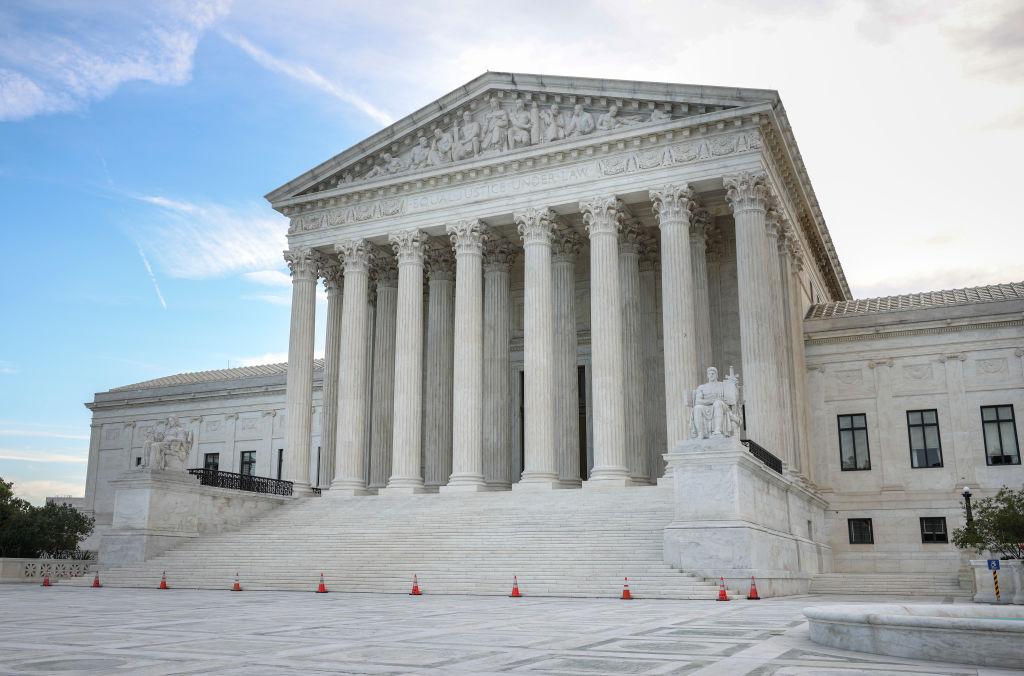An attempt to gain access to decisions made by a secretive court has been denied by the Supreme Court.
The American Civil Liberties Union and a coalition of other groups had argued that the Constitution’s First Amendment requires the Foreign Intelligence Surveillance Court (FISC) to make available all “novel or significant interpretations” of law issued between Sept. 11, 2001, and mid-2015.





